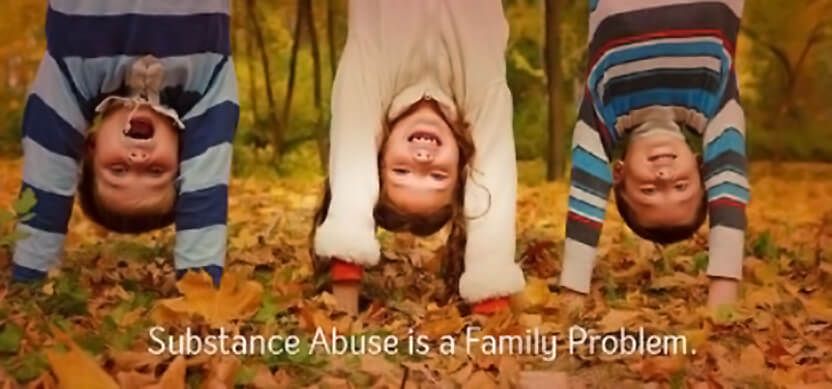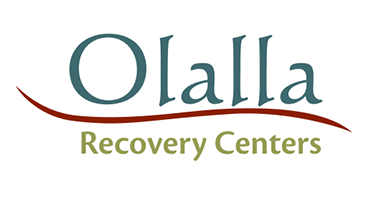
28 Nov How a Family Member’s Addiction Affects Children
Substance addiction is often called a “family disease,” and for good reason. When an individual is addicted to drugs or alcohol, the entire family feels stressed and overwhelmed.
As much as it is difficult for adults to cope with a family member’s addiction, for kids, it’s much worse. Unlike adults, children don’t always know where to find a safe space and whom to talk to about their concerns. Yet a highly stressful family environment puts them at risk for physical and mental health issues.
According to the National Association for Children of Addiction (NACoA), one in four children live in families where a parent is addicted to drugs or alcohol. The feelings of guilt, fear, anger, concern etc. don’t stop with the family nucleus either — it often affects extended family members. That means kids can also feel the effects when their grandparents, aunts and uncles are addicted. This can be especially true when some of the anxiety surrounding a relative’s addiction spills into big family gatherings.
When a parent suffers from substance use disorders, children may be affected in numerous ways:
- They experience high anxiety and stress because the parent behaves in a confusing and unpredictable manner, or because they’re constantly surrounded by a negative environment.
- They feel embarrassed when the parent is publicly intoxicated.
- They’re confused because they get blamed for something they didn’t do, or because their parent frequently breaks promises.
- They suffer from low self-esteem and self-confidence because unrealistic parental expectations make them feel that no matter what they do, it’s not good enough.
- They may start using alcohol or drugs themselves, either to self-medicate their pain or to cope with repressed anger. (According to NACoA, sons of alcoholics are four times more likely to develop alcoholism.)
How to Help an Affected Child
Both young children and teens need a caring adult who will listen to their problems and concerns and help navigate the rough waters. At school, this is typically a counselor.
However, kids may not feel comfortable coming forward with their issue at school. Even more so since families with a drug or alcohol problem typically try to keep it a secret.
That’s why other adults — teachers, mentors, coaches, church ministers, medical providers, even parents of the child’s friends — need to understand how to approach a child who’s quietly suffering.
Make them feel comfortable: Find a time and place that are free of distraction. Keep in mind the child may not open up right away, and you may need to have repeated interactions before he or she feels comfortable confiding in you.
Be truthful: Children understand a lot more than many adults give them credit for, and they can also sense if you’re not truthful with them. Explain that addiction is a disease and why it’s not their parent’s fault to have the addiction. At the same time, you need to acknowledge the impact the addiction has on the child and the pain the child feels.
Release their guilt: Children are likely ashamed of their parents’ behavior, and may even feel this situation is their fault. Help them understand that this is not their fault and also that they are powerless over alcohol and drugs and can’t cure their parents.
The NACoA has helpful resources for adults to help them support affected children, as well as resources for young children and for teens, such as a “12 Steps for Kids” poster. For teens, another good resource is Al-Anon, which offers the support group Alateen.
Most importantly, children need to know they are not alone in their struggle. Even if they have a trusted family member in their lives, talking to another caring adult who is impartial can go a long way in helping them sort through their feelings and experiences.


